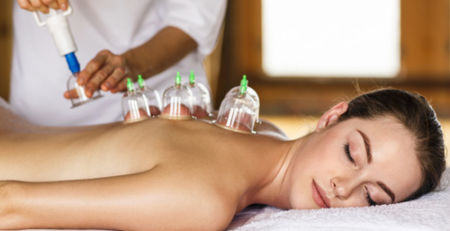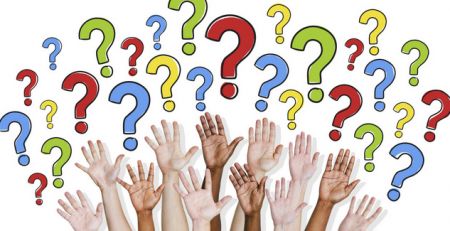Acupuncture FAQ
How does acupuncture work?
Diseases and injuries are resolved by a complex set of responses in the body. Sometimes this complex set of responses is exaggerated, only partially triggered, or not triggered at all. Acupuncture treatment is aimed at triggering these responses appropriately, making sure that the body’s natural healing mechanisms are enhanced. Acupuncture primarily exerts its influence through the nervous system. The act of inserting an acupuncture needle into the body generally results in the following:
Pain Control
Pain-blocking substances are released locally and by the central nervous system (the brain) to suppress the transmission of pain.
Inflammation Control
Natural anti-inflammatory chemicals are released locally and inflammation control centers are stimulated in other parts of the body.
Blood and Lymphatic Flow
Enhancement of blood and lymphatic flow locally and throughout the body allows for the delivery of fresh oxygen and nutrients, and the removal of injury debris from the injury site.
Neurohumoral Response
The brain can be stimulated to release certain chemicals influencing the immune and endocrine systems.
Acupuncture acts by controlling pain and inflammation, enhancing blood flow and lymphatic drainage to help promote the healing process. The synergistic effect allows for quicker recovery from injury or condition. It also contributes to an overall sense of relaxation and/or exhilaration.
Does acupuncture hurt?
The needles used for acupuncture are much smaller than a standard hypodermic needle, are solid not hollow, and have a finely tapered point as opposed to a beveled cutting-edge point. They are approximately the diameter of a hair. The sensations felt during needle insertion range from feeling nothing at all, to mild tingling, to slight numbness/ache, to electrical pulsations distant to the site of insertion. All of these sensations usually subside once the needles are removed. In fact, the “chi” sensation of deep, dull ache that fades over a few seconds is indicative that a stimulation to the nervous system has occurred. Following one or several treatments, it is common for the patient to feel a tremendous sense of relaxation.
Is it safe? Are there side effects?
As with any health intervention, there is always a potential for side effects and adverse reactions. The good news is that acupuncture performed by an experienced and knowledgeable practitioner is relatively safe and yields very few minor side effects. These may include, but are not limited to, a slight discoloration at the acupuncture site that is temporary and not dangerous, minor bleeding, fainting, nausea or shock, short-term fatigue or drowsiness, or a short-term increase in pain before relief sets in. An experienced and knowledgeable acupuncturist also aims to avoid treatment of certain points during pregnancy, over wounded or infectious areas, to individuals who are hemophiliacs, and to individuals who a have needle phobia. It is common practice nowadays for practitioners to use sterile disposable needles that are discarded following treatment.
How many treatments will I need?
Acupuncture treatments are as individual as the patients and their responses to acupuncture. In some instances, conditions can be resolved in 1 to 3 treatments. More often, the cumulative effects of acupuncture requires a treatment plan of 8 to 12 treatments, though after 6 to 8 treatments the extent of the response can be approximated. Each treatment, however, will have a positive effect on the brain and the body.
If you suffer from acute or chronic pain, and think that we can help, why suffer?
Contact us today to set up your appointment.



